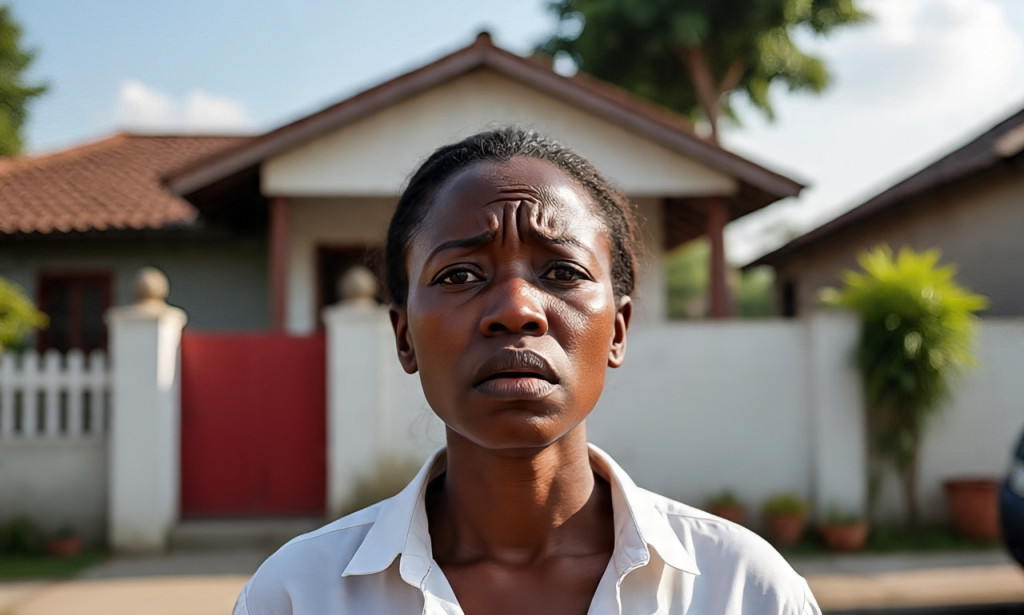In the bustling community of Ketu Mile 12, Lagos, a true-life story has stirred conversations about trust, betrayal, and property ownership in marriage. It is the story of Morenikeji, a 42-year-old woman from a wealthy family, whose life took a shocking turn after the sudden death of her husband, Bayo.
Her experience is not just a tale of personal pain but also a powerful lesson on property rights, inheritance laws, and the importance of protecting one’s investments in Nigeria.
The Marriage and Investments
Morenikeji married Bayo 12 years ago. Though she came from a wealthy background and held a good job, their union remained childless. Bayo, a civil servant, convinced her that every property they acquired should be bought in the name of a child they hoped to have one day.
Out of trust and love, she agreed. Together they chose a name, and Morenikeji began purchasing lands, building houses, and registering all documents in that name. Over time, she built a portfolio of beautiful properties—all tied to the identity of their “future child.”
The Tragic Twist
Two weeks ago, tragedy struck. Bayo died in a car accident, leaving Morenikeji heartbroken. But her pain deepened at his burial when another woman appeared with two children, introducing them as Bayo’s offspring.
To Morenikeji’s shock, the first child—almost nine years old—bore the same name she and Bayo had agreed on for their unborn child. That very name was on every property document she had financed. Suddenly, Bayo’s family began claiming the properties as belonging to his children.
The Conflict of Ownership
By Nigerian law, property belongs to the individual whose name is on the official title. Since the documents carried the child’s name, the boy has a strong legal claim. In Yoruba culture too, properties bought in a child’s name are seen as belonging to that child, not the wife.
This puts Morenikeji in a vulnerable position, despite being the sole financier of all the investments.
Legal Insights from the Case
Morenikeji still has a path to justice if she takes the right legal steps. Nigerian courts recognize doctrines such as constructive trust and fraudulent misrepresentation. These can be used to argue that:
She provided all the funds, so the properties were only held in trust for her.
Bayo deceived her into registering assets in another person’s name under false pretenses.
Through the help of a property lawyer, she can:
File for declaratory relief to be recognized as the beneficial owner.
Apply for injunctions to stop the family from seizing or selling the properties.
Present receipts, bank transfers, and proof of her investments as evidence.
Place a caveat and lis pendens on the properties to protect them during litigation.
Lessons for Everyone
Morenikeji’s heartbreaking experience teaches important lessons:
1. Always register properties in your own name if you are the financier.
2. Keep records—receipts, transfers, and agreements must be documented.
3. Understand inheritance law in Nigeria—legitimate or illegitimate children can claim their father’s estate.
4. Seek legal counsel before making property decisions in marriage.
Conclusion
Morenikeji’s story is not just a tale of betrayal, but also a reminder of the importance of securing one’s future through proper legal protection. While she may still fight for justice in court, her case underscores a vital truth: love and trust are essential in marriage, but when it comes to property, the law must always guide the heart.


Hmmm... This is very alarming
You must be logged in to post a comment.